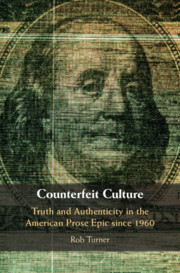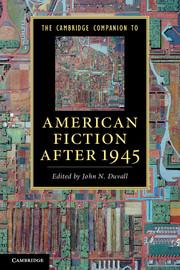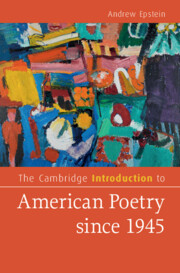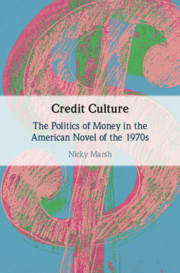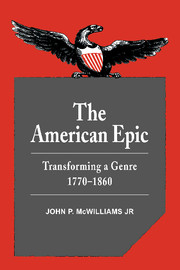Counterfeit Culture
Truth and Authenticity in the American Prose Epic since 1960
£90.00
Part of Cambridge Studies in American Literature and Culture
- Author: Rob Turner, University of Exeter
- Date Published: June 2019
- availability: In stock
- format: Hardback
- isbn: 9781108428484
£
90.00
Hardback
Other available formats:
eBook
Looking for an inspection copy?
This title is not currently available on inspection
-
Counterfeit Culture explores the possibility of writing epic in an age of alternative facts. Examining six attempts to forge an American prose epic since 1960, this study goes on to trace a national tradition of inauthenticity, stretching back across four centuries. In works by authors such as Pynchon, Gaddis and Burroughs, the contemporary turn away from truth and authenticity can be seen as a return to an established line of literary tricksters and confidence men, with tropes of fraud and artifice running deep in the American grain. Combining archival work with historically-inflected analysis of literary narrative, this book ranges through questions of identity, technology, history, and music in its engagement. From Marguerite Young's inquiry into psychological disintegration to William T. Vollmann's ongoing cycle of false histories, the study introduces a new reading of the American epic.
Read more- Brings literary-critical context to the current debate surrounding inauthenticity and 'alternative facts' in American culture and public life
- Draws upon neglected texts, including the longest novel in American literature (Marguerite Young's Miss MacIntosh, My Darling, 1965), alongside more canonical works
- Extends the exploration of national epic in the Cambridge Studies in American Literature and Culture series into the contemporary era
Reviews & endorsements
'Citing leaders in contemporary postmodern scholarship, and with repeated and acute references to American literary history (particularly Emerson and Melville), Turner (Univ. of Exeter, UK) revisits the complex, multivalenced, postmodernist works of Marguerite Young, William Gaddis, William S. Burroughs, and Thomas Pynchon … Turner does a good job of situating these authors' works in contemporary scholarship … This is a timely treatment of American postmodernist prose.' C. B. Ewing, Choice
Customer reviews
Not yet reviewed
Be the first to review
Review was not posted due to profanity
×Product details
- Date Published: June 2019
- format: Hardback
- isbn: 9781108428484
- length: 232 pages
- dimensions: 235 x 158 x 14 mm
- weight: 0.52kg
- contains: 4 b/w illus. 1 table
- availability: In stock
Table of Contents
Introduction: America and the 'way to the devil'
1. Marguerite Young's flood of consciousness
2. William Gaddis and the 'novel-writing-machine' of Andy Warhol
3. 'Paper reality': William S. Burroughs and the cut-up method
4. 'Bad history': Thomas Pynchon and the apocryphal epic
5. 'History shambles on': William T. Vollmann and the Seven Dreams Cycle
Conclusion: 'every story has two tails'
Bibliography
Index.
Sorry, this resource is locked
Please register or sign in to request access. If you are having problems accessing these resources please email [email protected]
Register Sign in» Proceed
You are now leaving the Cambridge University Press website. Your eBook purchase and download will be completed by our partner www.ebooks.com. Please see the permission section of the www.ebooks.com catalogue page for details of the print & copy limits on our eBooks.
Continue ×Are you sure you want to delete your account?
This cannot be undone.
Thank you for your feedback which will help us improve our service.
If you requested a response, we will make sure to get back to you shortly.
×
